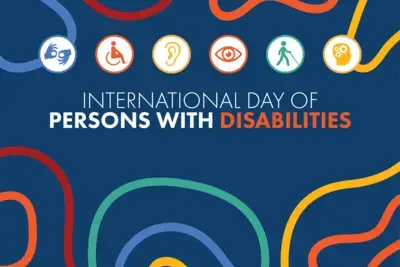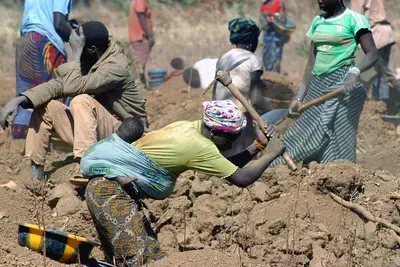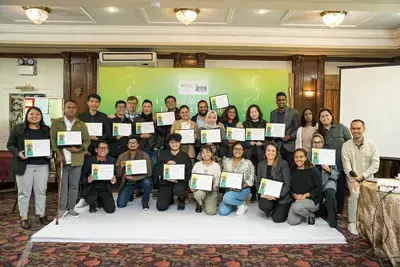
Success Story
Empowering Nepal's Future Leaders
This story was originally published in USAID-Nepal's June 2012 e-newsletter.
As a young girl growing up in Baitadi, one of the most isolated and impoverished districts of Far Western Nepal, Kamala Bohora constantly battled poverty, harsh prejudice, and despairing loneliness. With an absent father and a mother working all her days in the fields, Bohora struggled to fend for herself and her brothers. Furthermore, she was taunted by the villagers because of her mother’s illiteracy and native dialect that didn’t belong to the village. It was this very poverty and discrimination that drove Bohora to seek solace and hope in the arms of the Communist Party Nepal-United Marxist Leninist (CPN-UML), one of the largest political parties of Nepal. Impressed by Bohora’s passion and commitment to learning, her party selected her to participate in NDI's USAID-funded Future Leadership Academy (FLA).
More than half of Nepal’s population is under the age of 35. NDI's Political Party Development Program developed the FLA as part of the Institute’s initiative to engage the country’s young leaders. This group represents a significant force for democratic change but lacks the ability to translate their ideas and dreams into concrete action. “These young people are eager to take the helm,” says Senior Country Director Mark Wallem, “but they need some help. They are tired of the status quo and are keen on making changes.”
The FLA provides assistance vis a vis two intensive residential trainings that focus on political leadership, communication skills and internal party democracy. Through a series of workshops, the party youth grasp essential elements and functions of a democratic political party.
Upon completion of the training, graduates take back to their parties and communities valuable leadership lessons and tools that improve negotiation capabilities, develop policy-making skills and methods to increase accountability and transparency. NDI Political Party Director Sasha Paijavic says, “We want them to develop networks — not only within their own parties but with other parties too. We want to get them talking.”
Trust between the various political parties is fragile and easily breached. It is critical that parties find platforms where both inter-party and intra-party dialogue is encouraged and facilitated. In fact, it is open communication that participants perhaps value the most. “I am so happy to be here and talking face-to-face with people from other parties,” says Kamala Limbu. Originally from Eastern Nepal but now living in Kathmandu, Limbu has a degree in agriculture and animal husbandry and has been a member of the United Communist Party Nepal-Maoist (UCPN-M) for 16 years.
Limbu’s open attitude is remarkable considering the personal suffering she endured as a result of Nepal’s political unrest. During the insurgency, her husband was captured by the army and went missing, leaving her alone to give birth to and raise the couple’s son. “I am ready to move on. I want to see elections and a constitution — a constitution that will promote development for our nation and prosperity for future generations. I want to see peace,” Limbu said.
Limbu is not alone in her aspiration for peace and development. “I am really enjoying being with so many young and enthusiastic people who want to see Nepal change,” says Ajay Kumar Jha, a member of the relatively new Tarai Madesh Democratic Party (TMDP), it has a strong base in the struggling Terai Region of Nepal and strives to represent traditionally marginalized populations including Dalits, Madheshis, women, youth and Muslims.
Besides the group interactions and learning to work collectively, Jha says he appreciates the nature of the workshops themselves. “Our parties give trainings that are almost entirely based on party’s ideology. But NDI’s training is based on real skills that we need to learn, that we can use and show others how to use.”
Kamala Bohora is not shy about dreaming big. “I want to be a federal minister,” she says. “I want to put an end to all the injustice prevalent in Nepali society.”
Related:
Published July 19, 2012



